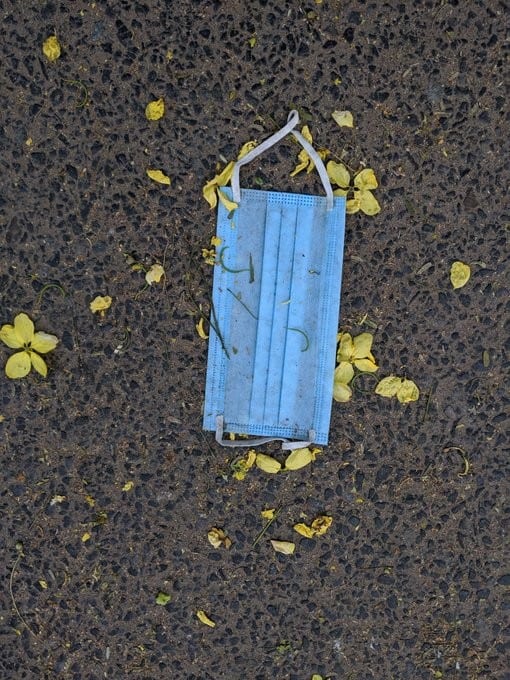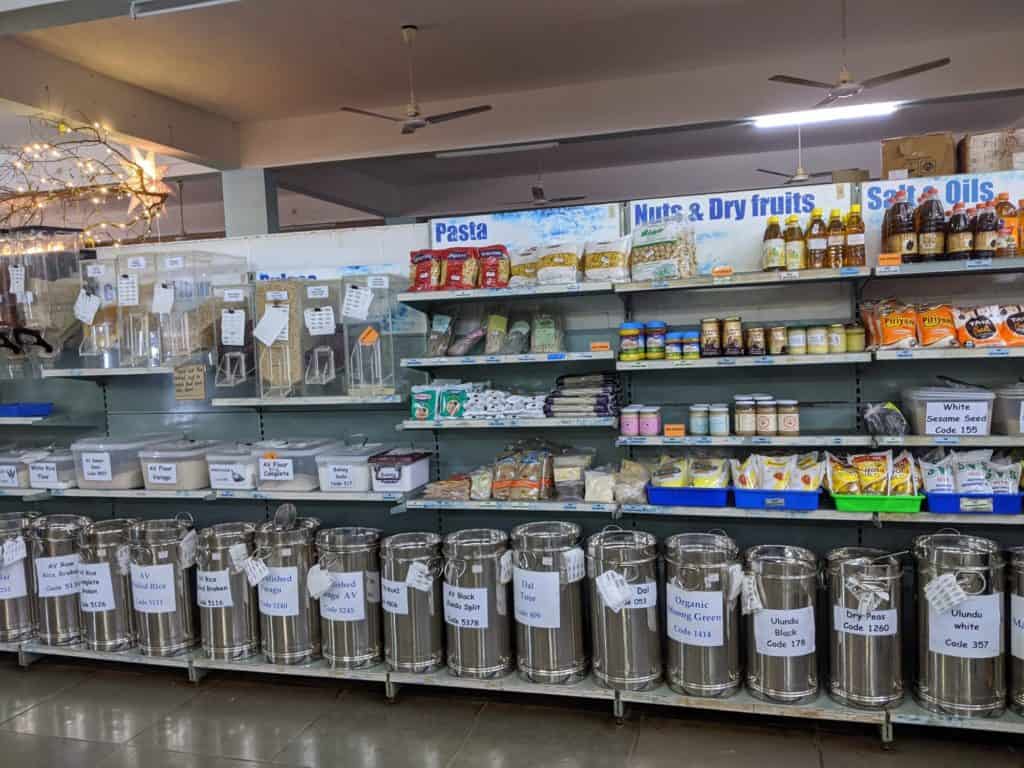In the AC (After Corona) times, waste management systems across cities have borne the brunt, especially in developing countries where robust collection and processing systems are not streamlined. One area, which requires a lot of attention and work is plastic waste management, more so, because, addressing plastic waste leakage and gearing up to shift mindsets towards sustainable consumption of this resource material has become a challenge. In addition to this, are the faulty municipal systems that do not support segregation and sorting.
In the Indian context, we are clearly seeing an increase in plastic waste consumption. While earlier in January, many states (over 18) and union territories had banned single use plastic (SUPs – mostly carry bags, while some had also banned one-time disposable items like disposable cutlery, styrofoam and other one-time use items), but after the pandemic, many plastic items that were banned are back in our lives.
One concern is the myth itself, that it’s safe to use plastic items over alternatives now; another is, how do we address these myths and push for effective behaviour change?

As per a recent paper, ‘COVID-19 Pandemic Repercussions on the Use and Management of Plastics’, mismanagement of personal protective equipment (PPE) during the COVID-19 pandemic, with a monthly estimated use of 129 billion face masks and 65 billion gloves globally, is resulting in widespread environmental contamination. This is alarming, and calls for urgent intervention.
What can be done at varied levels?
Foremost, strengthen segregation at source. As per Central Pollution Control Board’s (CPCB) recent submission to the National Green Tribunal on Compliance to the Biomedical Waste Management Rules, 2016, non-segregation of waste is arising to be the major issue for mismanagement of bio-medical and COVID19 related waste. Quarantined households do not segregate waste and put everything in the allocated yellow bags which then gets sent to the biomedical facilities.
Imagine, the plight of facilities that are to only deal with biomedical waste also dealing with municipal solid waste. So, clearly, segregation and making it mandatory is the need of the hour. Else, enforce fines and penalties to push for this.
Secondly, push for systems and infrastructure that support segregation. Hence, the need to replicate successful models on dry resource management or to set up systems that ensure further sorting and channelisation of dry waste. While, cities are investing into material recovery facilities (MRF), they have to understand that a crucial work also has to be on integrating informal sector. They are critical to developing economies and are the backbone of waste management.
Third, strengthen recycling. Recycling has borne the maximum brunt in these times. Virgin material is much cheaper than recycled or alternative material. How do we push for recycling?
We are not recycling till we recycle product to same product, for instance PET to rPET in India. We need to have standards for recycled products in order to push for the same, so that items, that have an effective collection and channelisation potential can easily get recycled. Also, have effective Extended Producer Responsibility (EPR) for better take-back mechanisms.
The existing draft guiding document on EPR recently published by the Ministry of Environment Forest and Climate Change (MoEFCC) mentions approaches for better implementation of EPR, however, fails to link those approaches to the ground realities. We need to visualise the ground better that involves not only informalities but faulty waste systems that need to be improved for effective implementation of EPR.
Fourth and most important, awareness. Not only for citizenry but across various stakeholders working on resource management value chain.
Last but not the least, look at alternatives, even more in the times of the pandemic. There is an urgent need for all of us to demand better products in the market, demand for greener alternatives and also ensure they are easily available. I feel, the more we demand, the more sustainable products will come into the market and this will further push industry to switch to alternatives to plastics.
Today, the alternative industry offering zero waste products is a niche industry. I do not question their intentions, but yes, those things are not affordable. I often question, can everyone buy this item? The answer is usually a NO.

So, just the right time to reduce this gap.
In the present scenario, we all need to collectively reduce our plastic footprint. The pandemic has given humanity a chance to think through the mess that we had created and this stands our only chance to correct our mistakes.
The article was originally published by the author in her LinkedIn, and has been republished here with permission.
A behavioural change towards conscious consumption has to happen rather than adopting reuse and recycle strategies. Hard push button has to be hit from times like this to rethink and restart our consumption ideologies without a zero waste environment.